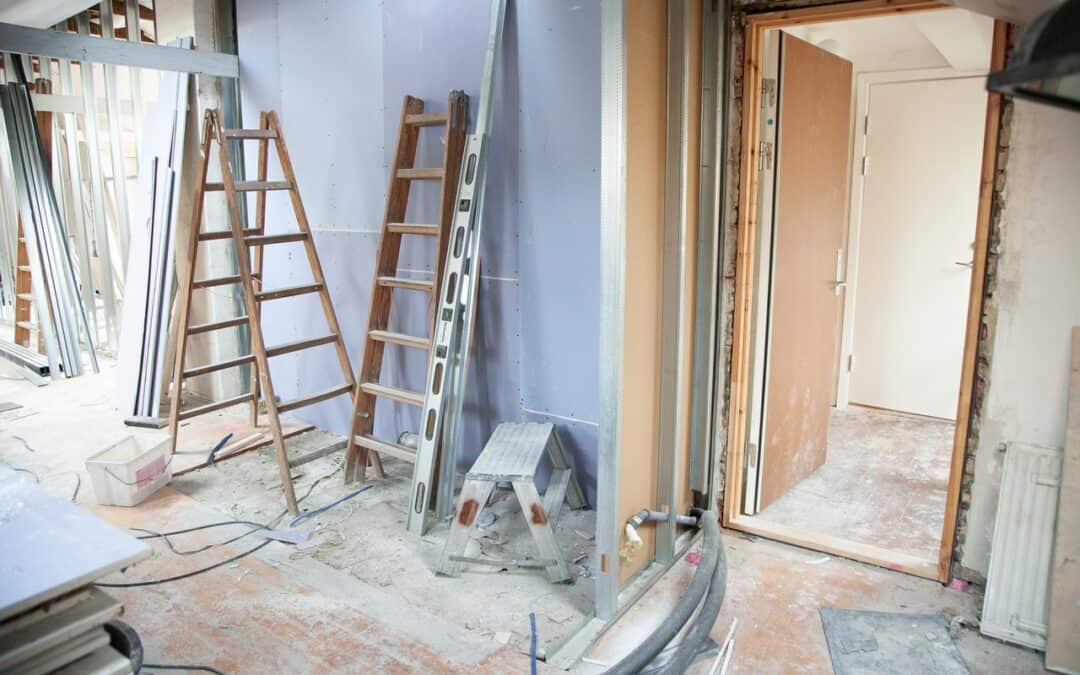We brought suit against a Bergen County Home Improvement contractor (HIC) for violation of the Consumer Fraud Act (CFA) and the Home Improvement Practices in connection with the installation of an HVAC system in our client’s home (the homeowner).
The homeowner entered into a contract with the HIC to replace her existing HVAC’s heat pump inside the home and the condenser located outside of her home. HIC charged the home homeowner $5,995 for parts and labor in connection with the home improvement contract. They advised the homeowner to make the check payable to “cash,” instead of their business name, a violation of the Home Improvement Practices and the CFA.
The HIC did not provide homeowner with any written home improvement contract, in violation the Home Improvement Practices. The HIC did not obtain any building, plumbing, electrical or any other permits as required by the Township of North Bergen, prior to, during or after the installation of the home improvements, in violation of the Home Improvement Practices. The HIC did not provide the homeowner with a copy of any township inspection certificates after completing construction and prior to receiving final payment, in violation of the Home Improvement Practices, 13:45A-16.2. In fact, the HIC advised the homeowner not to contact the Township’s building department for an inspection.
The HVAC system installed by the HIC subsequently failed to operate as intended. The homeowner repeatedly attempted to communicate with the HIC to fix problem, but each time HIC refused to honor its service guarantees and failed to return the homeowner’s home to correct the defects. The homeowner then retained another contractor to repair the unit installed by the HIC. The second contractor advised the homeowner that the heating system installed by the HIC did not have a heating kit as needed to generate heat. The contractor explained to the homeowner that the HIC’s installation of the HVAC system was analogous to “buying a car without an engine.”
After we filed suit against the HIC for violating the CFA and various provisions of the Home Improvement Practices Act, the HIC agreed to reimburse the homeowner all her out-of-pocket expenses, reimbursement of reasonable attorneys’ fees and costs, and reimbursement of funds paid to the second contractor.
The CFA permits the recovery of treble damages of ascertainable loss, plus reasonable attorneys’ fees and costs. “Ascertainable loss” in the context of a home improvement contract may be measured by the costs incurred in correcting a defect. However, even if there is no proof of ascertainable loss, the consumer will be entitled to the recovery of reasonable attorneys’ fees and costs if the contractor violates any provision of the Home Improvement Practices. The CFA was intended to encourage compliance with laws and regulations intended to protect consumers

